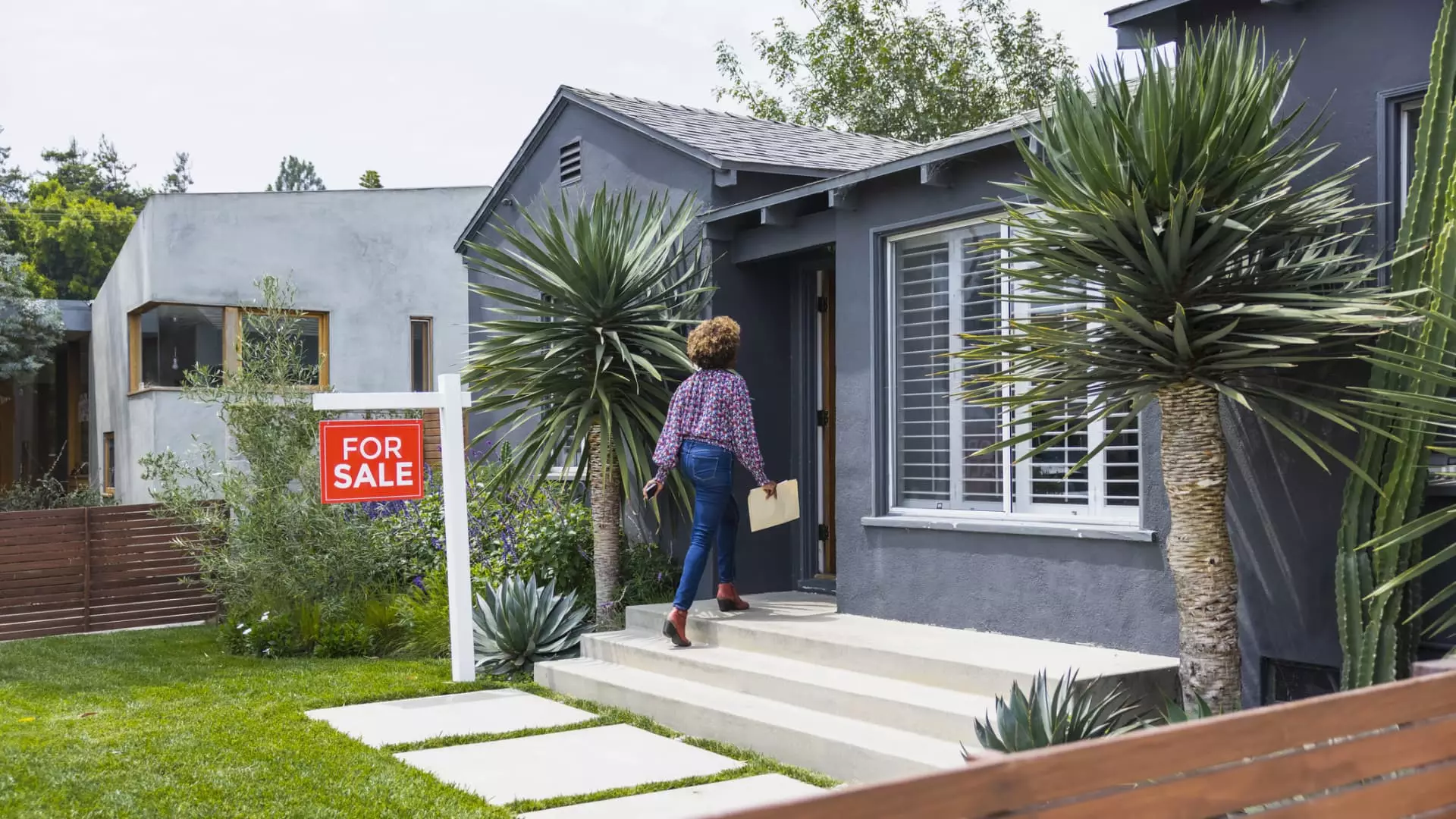As property values continue to soar, more Americans are finding themselves facing capital gains taxes on profits from the sale of their homes. According to a recent report from real estate data firm CoreLogic, nearly 8% of U.S. home sales in 2023 yielded profits exceeding $500,000, a significant increase from the 3% reported in 2019. This trend is causing concern among homeowners who may be unaware of ways to reduce their tax bill on these substantial profits.
One important aspect to consider when selling a primary residence is the capital gains exemption threshold. Married couples who file jointly can make up to $500,000 on the sale without owing any capital gains taxes, while the threshold for single filers is $250,000. However, these thresholds have not been adjusted for inflation since 1997, making them a potential pitfall for unsuspecting sellers.
Qualifying for the Exemption
To qualify for the $250,000 or $500,000 capital gains exemption, homeowners must meet certain criteria set by the IRS. This includes owning the home for at least two of the past five years (the ownership test) and using it as a primary residence for any 24 months during that period (the residence test). While there are some exceptions to these rules, failing to meet the requirements can result in a significant tax bill.
One way to reduce the capital gains tax owed on a home sale is to increase the home’s basis, or original purchase price. By making improvements to the property, homeowners can add to the basis, thereby reducing their overall profit. However, it’s important to note that routine maintenance and repairs do not count towards increasing the basis. Only significant improvements that add value to the property will qualify.
After selling a home, homeowners will receive Form 1099-S from the IRS, detailing the closing date and gross proceeds of the sale. In the case of an audit, it is crucial to have proper documentation of any improvements made to the home that affect the basis. This can include receipts, invoices, and other proof of expenditures related to the property.
As more Americans face capital gains taxes on home sale profits, it is essential to be aware of ways to minimize this tax liability. By understanding the capital gains exemption thresholds, qualifying for the exemption, and maximizing the basis through improvements, homeowners can reduce the impact of these taxes on their profits. Staying informed and seeking advice from financial experts can help ensure a smoother and more financially beneficial home selling experience.

